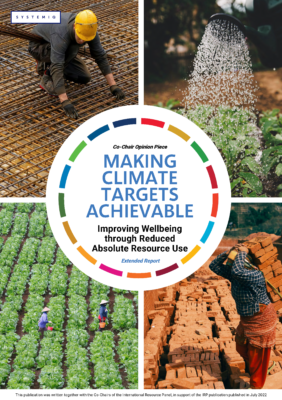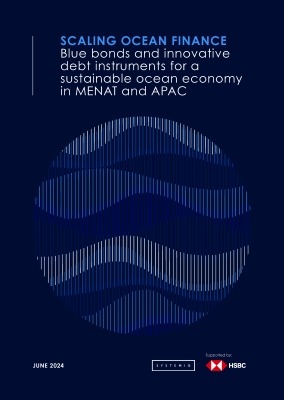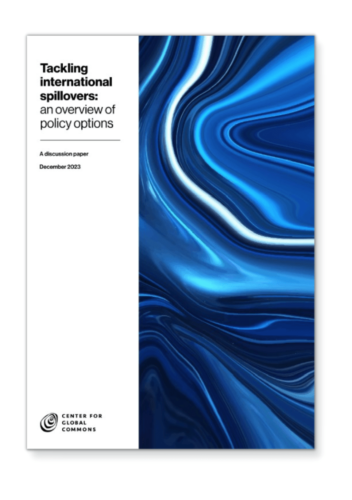This publication was written by Izabella Teixeira and Janez Potočnik, Co-Chairs of the International Resource Panel; it expands on the IRP Co-chair Opinion Piece on climate, released in July 2022. They show how an absolute reduction in the use of natural resources is indispensable to meet climate change, biodiversity and pollution ambitions.
We depend on natural resources – land, water and materials – for our wellbeing: from food and shelter to transport and energy systems and everything that helps us to thrive in between. However, current production and consumption systems are causing the transgression of planetary boundaries, with catastrophic impacts.
Research by the IRP has found that the unsustainable use of natural resources, in particular by high-income countries, lies at the heart of the triple planetary crisis, driving climate change, pollution and biodiversity loss. The extraction and processing of materials, fuels and food make up about half of total global greenhouse gas emissions; more than 90% of land-related biodiversity loss and water stress; and one-third of health-related pollution impacts.
Global material extraction has tripled since 1970, and without transformative change will double again by 2060. But global material productivity has mostly declined during the last two decades: we are now deriving less economic output and less value from each ton of material extracted.
Therefore, to achieve climate and biodiversity targets and stay within planetary boundaries, our goal must be to use fewer natural resources while increasing societal wellbeing.
The science is clear: decarbonization and dematerialization are urgently needed in tandem—they are two sides of the same coin. Once we understand that natural resource use is at the heart of the triple planetary crisis, we can unlock major opportunities to deliver solutions which address all aspects of the crisis together.
Download the IRP Co-Chair Opinion Piece, or click below to download the extended report.
Janez Potočnik is a Systemiq partner as well as an IRP Co-Chair. The Opinion Piece was developed with the help of Systemiq, and was supported by IRP’s strategic partner, the SUN Foundation.
The authors alone are responsible for the views expressed in this publication, which do not necessarily represent the decisions or policies of the United Nations Environment Programme or the IRP.




